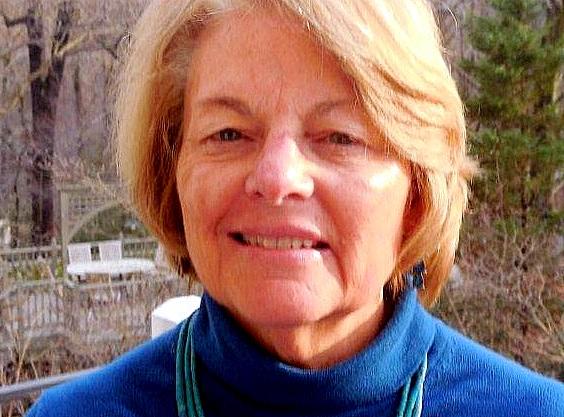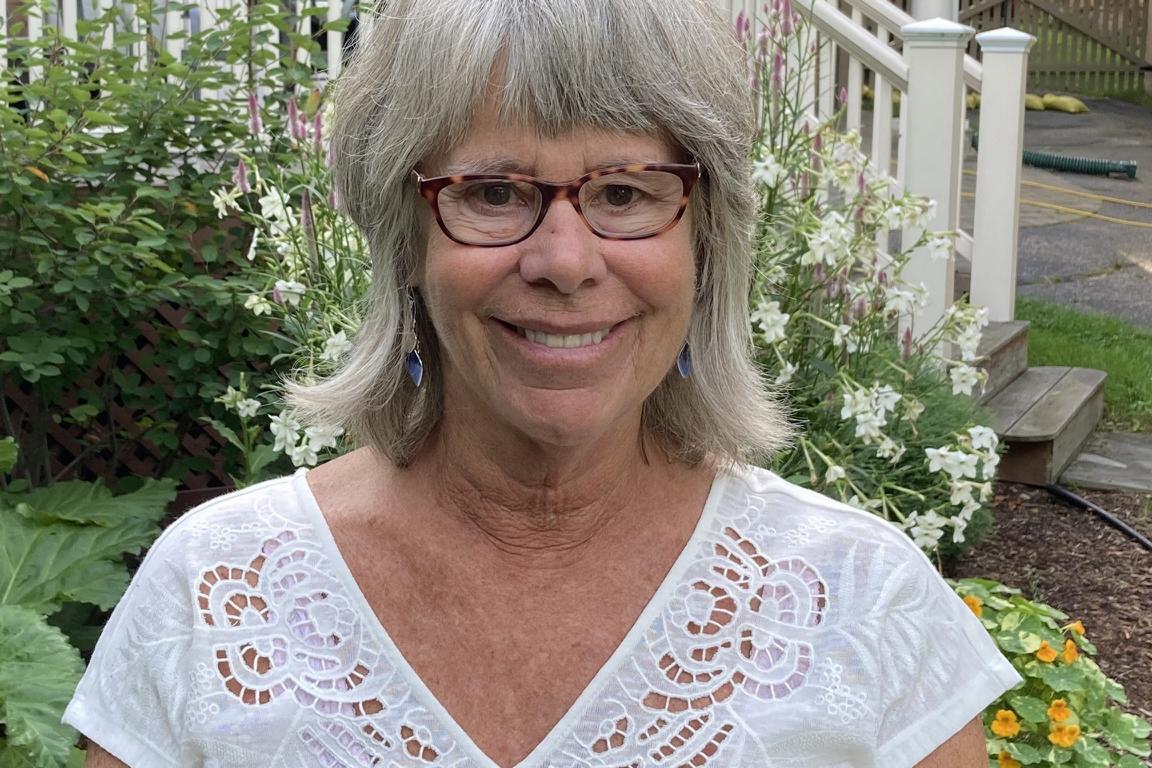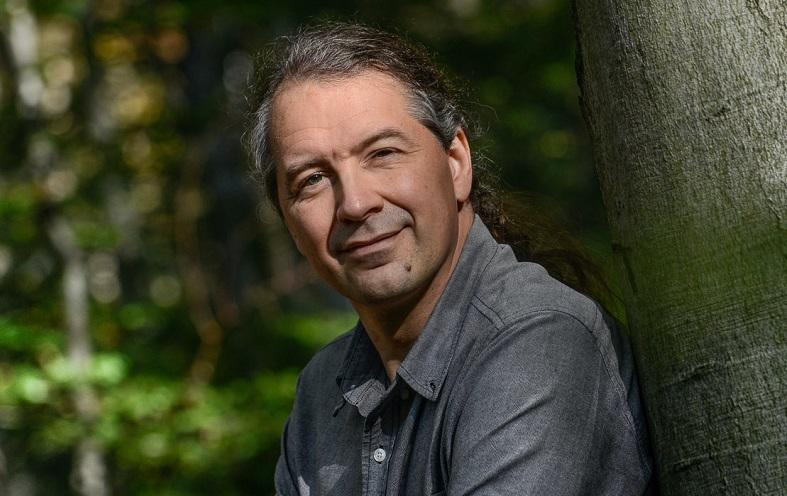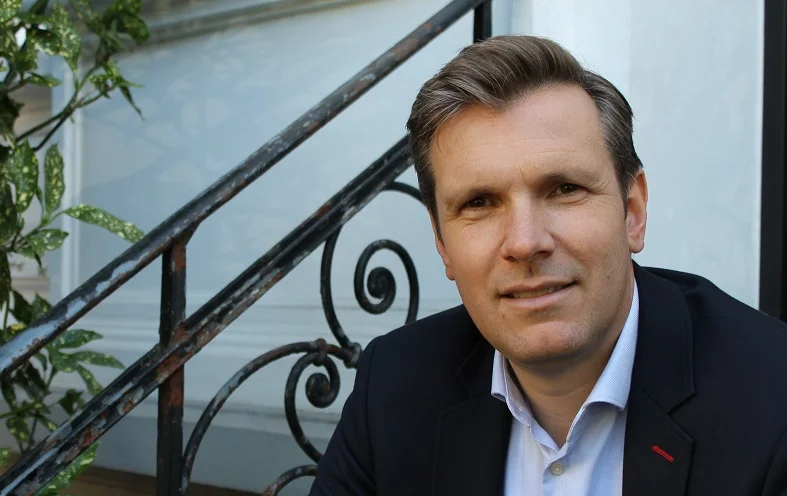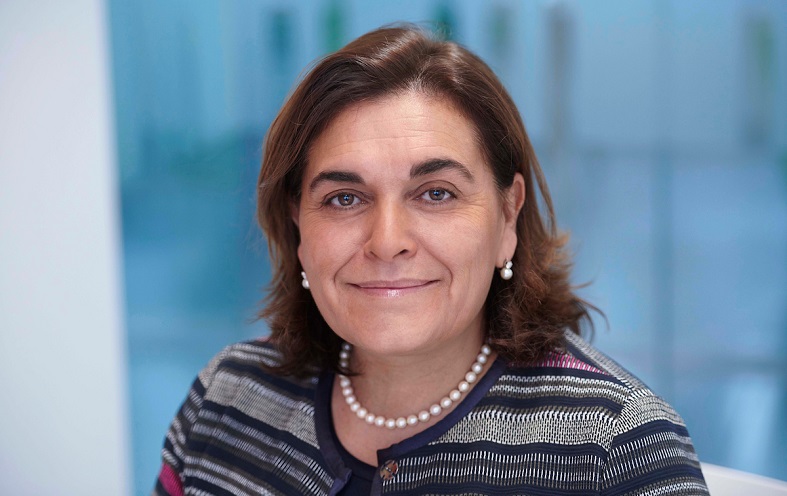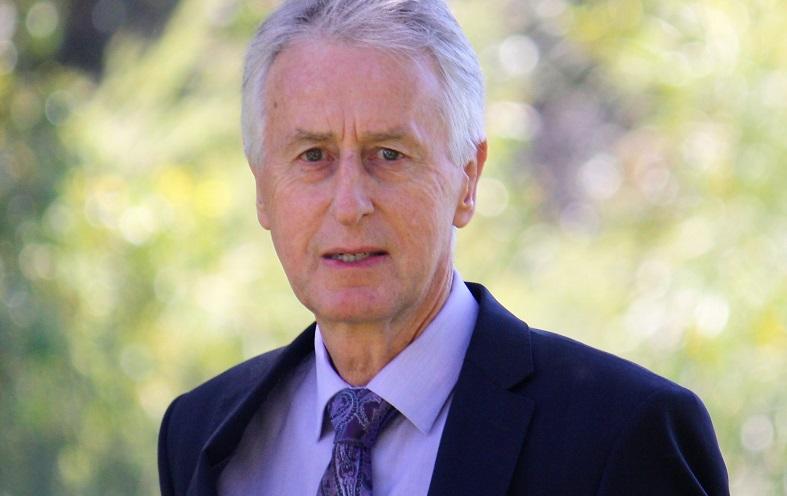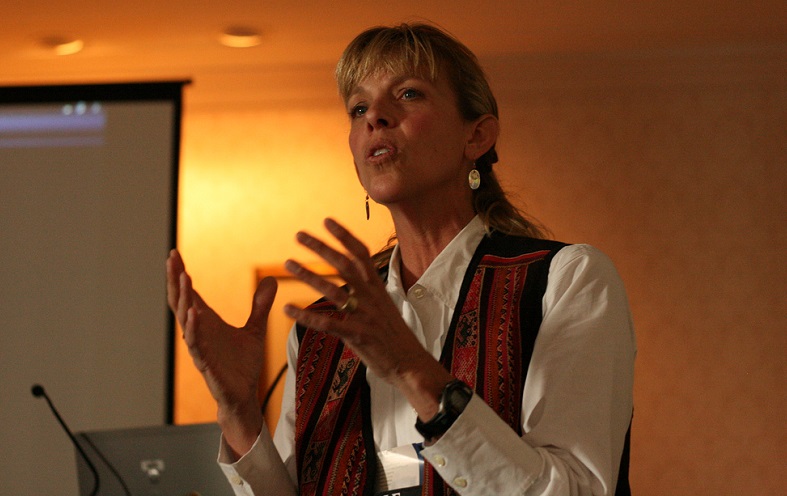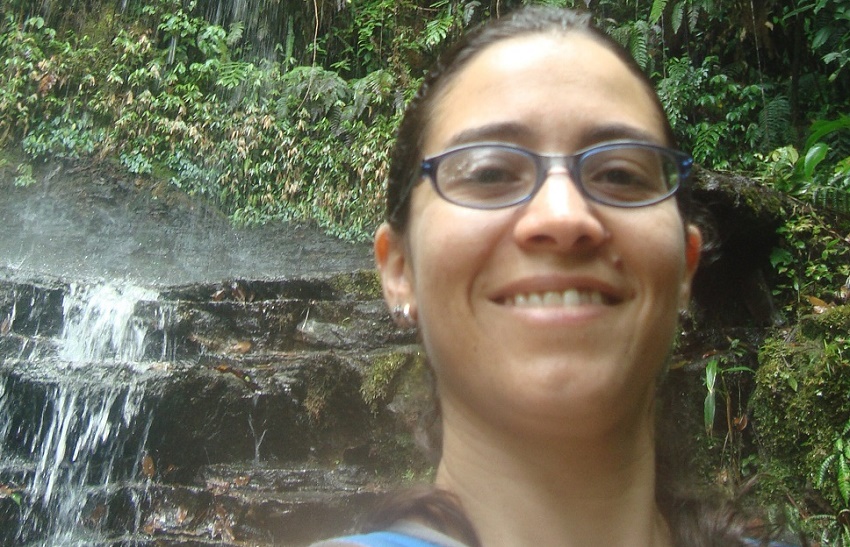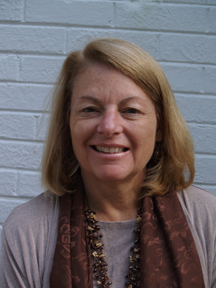 Future priorities in sustainable tourism and the origins of ecotourism are two of the topics discussed in our interview with Martha Honey, co-founder and executive director of the Center for Responsible Travel (CREST) in the USA.
Future priorities in sustainable tourism and the origins of ecotourism are two of the topics discussed in our interview with Martha Honey, co-founder and executive director of the Center for Responsible Travel (CREST) in the USA.
Learn about:
- What triggered Martha Honey’s interest in sustainability;
- How her view of sustainable tourism has changed over time;
- Why she co-founded the Center for Responsible Travel (CREST), and its main purposes;
- Her thoughts on the future of academic research focused on sustainable tourism;
- Two of her favourite books on sustainability and tourism.
Martha, when and where did your sustainable tourism journey begin – when did you discover your passion for sustainability?
My interest in ecotourism and sustainable tourism began during my 20 years as an international journalist, based first in Tanzania and then in Costa Rica. I came to both love travel and to see first hand the importance of travel and tourism as a foreign exchange earner for developing countries.
I also saw many of the social and environmental problems caused by conventional tourism and that, sadly, most of the tourism dollars did not stay in the destinations.
With the emergence of the concept of ecotourism in the late 1970s and its rapid growth beginning in the 1990s, I became curious about whether this ‘good idea’ could really bring tangible benefits to communities and conservation.
In the mid-1990s I set out to look more systematically into ecotourism by writing a book on the topic (Ecotourism and Sustainable Development: Who Owns Paradise? Editions in 1999 and 2008).
Initially I thought I would find that ecotourism was largely a marketing gimmick — ‘greenwashing’ – but the more I got into my research, the more I found that ecotourism, done well, has great potential. I became a convert to ecotourism – or to today what we more often refer to as responsible or sustainable travel.
What was your view of sustainable and responsible tourism when you first started your professional career?
Initially, when I began working in the field of responsible travel, I was most concerned with how to measure the sustainability of tourism businesses. I felt without clear tools for assessing the environmental and social impacts, tourism businesses could get away with using ‘green’ language without putting in place good practices and that this ultimately would undermine the very concept of ecotourism.
I became interested in sustainable tourism certification programs and in fact, in 2000, I organized what I believe was the first international conference on sustainable tourism certification programs. We brought together some 20 different certification schemes from Europe, Asia, Africa, and North and South America.
Known as the Mohonk Conference, this gathering was important in starting a process of ongoing collaboration among these different programs and of efforts to harmonize the programs against a common template of criteria and procedures.
This was the beginning of a process that has led today to creation of the Global Sustainable Tourism Council/Criteria (GSTC), the important standards-setting body for sustainable tourism.
How has your view of sustainable tourism changed over time?
I have found that one of the most fascinating things about eco-/sustainable tourism is that it is always growing and experimenting and reaching into new areas.
For instance, when I began my journey, local and organic food, wine, and cuisine was not a really integral part of sustainable tourism. Now they are a vital part of what we include within the concept of sustainable tourism.
Initially ecotourism was largely focused on nature-based activities, today sustainable tourism can include urban areas, as well as spas, boats and small vessels, farms, and a wide range of activities, attractions, and accommodations.
Ecotourism/sustainable tourism is based on a set of principles and good practices which can be done by many types of tourism businesses. And the definition is continually expanding.
For instance, my organization promotes ‘travellers’ philanthropy’ – give back programs through which visitors and tourism businesses can make donations to projects in the host destinations – as a core part of responsible travel. So I am continually energized by such innovations that push the envelope of what we mean by responsible or sustainable tourism.
You are the founding director of the Center for Responsible Travel (CREST): How did it all start? What are the centre’s objectives?
CREST’s mission is “to promote responsible tourism policies and practices globally so that local communities may thrive and steward their cultural resources and biodiversity.” Put succinctly, we define our mission as “transforming the way the world travels.” CREST has developed 5 key program areas:
- A global leader in Travelers’ Philanthropy
- Setting standards and strengthening responsible tourism
- Analysing impacts of different models of tourism and promoting innovation
- Paid consulting and field research
- Sharing expertise and providing leadership
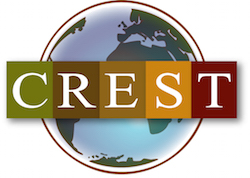 CREST was founded in 2003 by myself and Dr William (Bill) Durham, professor of anthropology at Stanford University. Our aim was to create an organization dedicated to carrying out academically rigorous research and field projects on cutting edge issues that have the potential to move the needle forward on sustainable tourism.
CREST was founded in 2003 by myself and Dr William (Bill) Durham, professor of anthropology at Stanford University. Our aim was to create an organization dedicated to carrying out academically rigorous research and field projects on cutting edge issues that have the potential to move the needle forward on sustainable tourism.
Some of these cutting edge issues CREST has worked on are certification, travelers’ philanthropy, indigenous rights and tourism, economic impacts of different types of tourism, and coastal and marine tourism as the fastest growing sectors of the tourism industry and the sectors most susceptible to climate change.
Bill and I were Co-Directors of CREST until Bill retired from CREST in 2014. At that point, I became Executive Director.
You are a passionate advocate of involving local communities in ecotourism projects, can you name us a few good examples of local participation?
Involving local communities equitably is, I believe, the most difficult and challenging part of the “triple bottom line” of environmental, social and economic sustainability. And far too many community based or owned tourism businesses fail to be successful.
I believe that over the years, ecotourism/sustainable tourism has made progress in bringing more benefits to the environment – through ‘lighter on the land’ types of construction and operations, raising more money for protected areas, etc. – and has created economically successful businesses.
But it is the complex web of the social/cultural/community relations and issues that most often do not get adequately addressed. These include recognizing and honouring the rights of indigenous peoples, hiring locally including for top positions, paying living wages, among other issues.
You are an academic researcher in the sustainable tourism and ecotourism field as well. What do you think about the future of academic research in the ecotourism field? Which direction is ecotourism/sustainable tourism research going and what needs to change?
I feel it is important for academics to undertake research which will really help make a difference. Tourism sustainability is now an imperative, particularly in the age of climate change. We must change the way we travel and the way the tourism industry operates. Therefore academics should consciously undertake research which will give the tools and provide the evidence needed to support sustainable practices.
One key area for researchers is to nail down the economic costs and benefits of different types of tourism because, I believe most often sustainability wins.
For instance, CREST research has proven that cruise tourism is far less beneficial economically than stayover tourism and that bear viewing in Canada’s Great Bear Rainforest is putting far more into the local economy than trophy hunting for bears.
These numbers speak to policymakers and business leaders and therefore can help them in making key choices about what types of tourism to pursue and permute.
Martha, you are the author of some of the most read books in ecotourism, such as Ecotourism and Sustainable Development: Who Owns Paradise? and Ecotourism and Certification: setting Standards in Practice. Can you tell us more about the importance and contribution of these two books?
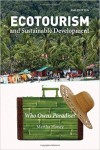 My ‘Who Owns Paradise?‘ book was hard work but also fascinating for me personally because it helped me to understand the real potential of ecotourism/sustainable tourism. I am grateful that it has also been useful to many academics and tourism practitioners. That has been very gratifying. I do feel it filled a niche since there were at the time no other similar books.
My ‘Who Owns Paradise?‘ book was hard work but also fascinating for me personally because it helped me to understand the real potential of ecotourism/sustainable tourism. I am grateful that it has also been useful to many academics and tourism practitioners. That has been very gratifying. I do feel it filled a niche since there were at the time no other similar books.
My certification book was far less inspiring to write/edit but it was also needed because it pulled together where we were at the time in efforts to create and implement sustainable tourism certification programs.
2 books linked to sustainability and tourism which you’d highly recommend?
Two come quickly to mind: Overbooked by Elizabeth Becker and The Last Beach by Orrin Pilkey and Andrew Cooper.
Thank you, Martha.
For more about CREST visit responsibletravel.org
Enjoyed our interview with Martha Honey, co-founder and executive director of the Center for Responsible Travel (CREST) in the USA? Share and spread the word!

